

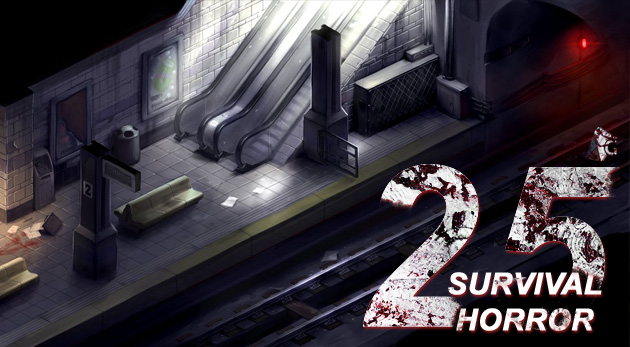
We've recompiled this list with the addition of 2013's The Last of Us for its haunting setting, emotional story, and mind-blowing gameplay. Read on to find out where it stands on this list.
Survival horror games give us a rush. They tap into our primal fears and give us feelings that we wouldn't otherwise get in the real world—at least, not most of the time. The formula of classic survival horror has been established in the mid 90s, and few games have strayed far from it. Survival horror pits the player into a hostile environment with few, precious resources at hand to overcome opponents, puzzles and the levels themselves. The survival aspect here is key, resources need to be gathered, the levels carefully pilfered for items to defend or heal or in some cases even save the game. In a lot of the more modern games, combat is even de-emphasized altogether, making avoidance of the enemies key rather than bludgeoning them to death with a crowbar. It’s a dog eat dog world. And the you, the player, have to do your part, regardless of whether you're playing them on the PC, or on consoles like the PS3 or Xbox 360.
Edward Carnby’s forays into cthuloid terror were what started the whole genre. This was a revolutionary game at the time, and spawned into its own franchise with the years. The original saw the player character, who could be male or female, trapped in a haunted Louisiana mansion. The investigation of the mysterious suicide of the house’s former owner turns into a nightmare, as supernatural creatures start stalking the player.
At the time of its release in 1992, the game boasted a lot of relatively new features, like fully realized 3D graphics. Also, the first entry to the series let the player explore the mansion at his own pace, in whatever order the player wanted to approach the game. Also, combat was a feature, but by far not central to the game. The key was avoiding the enemies and beating them through puzzle solving rather than through brawling. A truly revolutionary title and the father of the genre.
Some would argue that Dead Space is more of an action game than it is a survival horror, but I would argue that it is both. The game nails all the right aspects of a survival horror title—it gets the feelings of loneliness, hopelessness, and helplessness down.
Despite putting you in an armored suit and equipping you with a powerful mining tool to kill your foes, it ups the ante by making it so that not even the tools you wield are enough to keep you from getting seriously injured. Even shooting your enemies in the head won't do much good, because they'll simply sprout a new appendage in its place. The only way to kill them is to dismember them limb from limb, and them crush them under the weight of your heel just to make sure that they're dead.
Alan Wake is a psychological horror game, written in the vein of a Dean Koontz horror novel. You take on the role of a Stephen King-like writer named Alan Wake who travels with his wife to the sleepy town of Bright Falls. Upon his arrival at the town and his trip out to the cabin, his wife goes missing and it's up to him to find the damsel'd lady.
He discovers that the recurring nightmare he's been having has come to life, and that the characters from his unwritten book are intent on haunting, if not killing him and those around him. Along the way, he finds scattered pages of the book he's yet to write, and has to do so in order to find out what happened to his wife.
You play an escaped convict, but remain a prisoner of your own mind. Having escaped on foot from a crashed prison bus, you find yourself in a city that knows more about you than you do about yourself.
Silent Hill: Downpour, like all its predecessors, is as much a psychological thriller as it is a survival horror game in which you must unravel the secrets of who you are as you explore the haunted, and fog-filled town.

Page 1 Page 2 Page 3 Page 4 Page 5

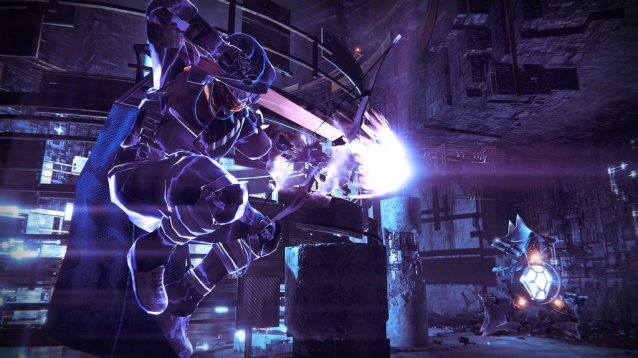
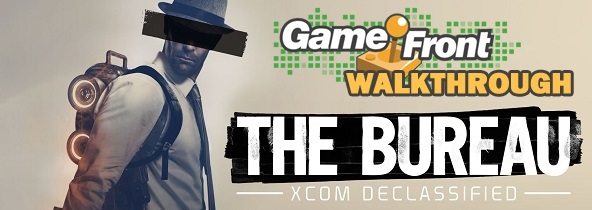

 Jennifer Lopez and Johnny Depp ready to launch their new films (2015)
Jennifer Lopez and Johnny Depp ready to launch their new films (2015)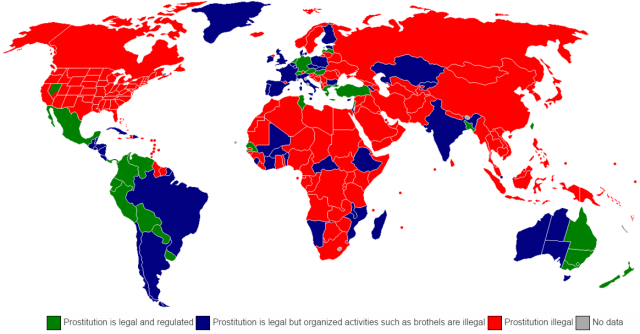 5 Times Drones Have Breached Personal Privacy
5 Times Drones Have Breached Personal Privacy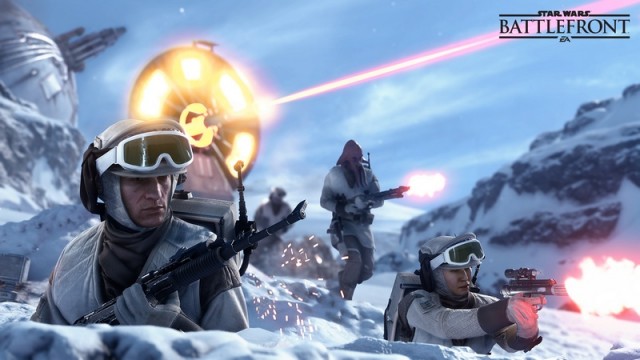 Star Wars Battlefront Beta - How to Rank up Quickly and Teamplay
Star Wars Battlefront Beta - How to Rank up Quickly and Teamplay How to Find Gas Prices Along Your Maps Route on Android
How to Find Gas Prices Along Your Maps Route on Android 9 Deals You'll Want To Spend Those Amazon Gift Cards On
9 Deals You'll Want To Spend Those Amazon Gift Cards On